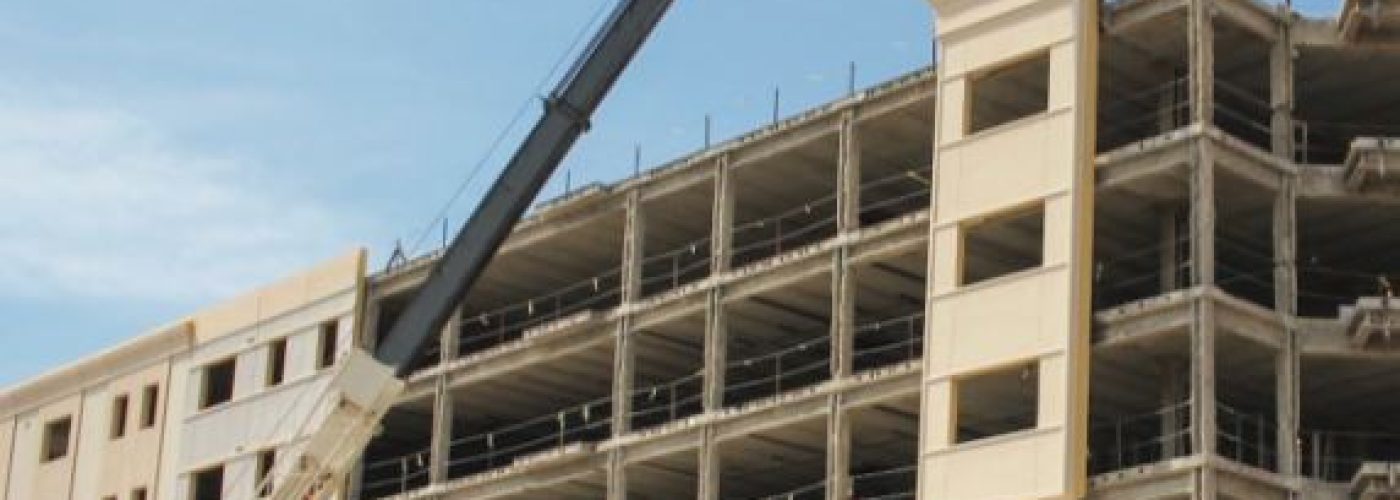The benefits of combining off-site construction with external wall insulation (EWI) are explored in a technical document produced by the British Board of Agrément in conjunction with EWI specialist STO.
Aimed at specifiers, contractors and end clients, the literature outlines the many benefits of marrying the two solutions, from energy efficiency to time savings and increased build quality to improved on-site health and safety.
“EWIs and off-site construction are perfect partners when system selection, design and testing are key considerations,” said BBA Test Services product manager George Bailey, who co-authored the document with David Tyndall, STO Director – Off-Site Construction Solutions (Western Europe). “EWIs can be applied to a wide range of off-site modular and panellised structures including timber, SIPS, reinforced concrete and various steel-based options that are proving increasingly popular for large multi-storey buildings.
“Durability, thermal performance and long-term aesthetics rely on the performance of the system as a whole…performance is achieved through multiple components working together,” added Mr Bailey. “Therefore when considering design changes or multiple external finishes, careful attention must be paid to the implications these alternations may have on performance.”
The literature also discusses technical elements to take into account, for example the spacing of structural elements within each modular unit to accommodate mechanical fixings and planning the EWI early in order to determine the entire system’s performance through structural and environmental testing.
Manufacturers offer numerous types of EWI, including EPS, XPS, mineral wool, PIR, PUR and phenolic foam. This variety of material type and usage means there is no standard method of testing and assessing systems; careful consideration is therefore required to select from test requirements including fire and thermal performance, watertightness, resistance to wind loading and structural testing.
“EWI products should be supported by robust testing carried out buy a UKAS-accredited testing facility such as the BBA,” said Mr Bailey. “The work of the BBA in establishing certification and testing parameters for EWIs has led to European-wide regulation with EOTA and provided guidance to the UK government.”
To view the document, visit: https://www.bbacerts.co.uk/uploads/cmsfiles/Industry_voices_STO_web.pdf






